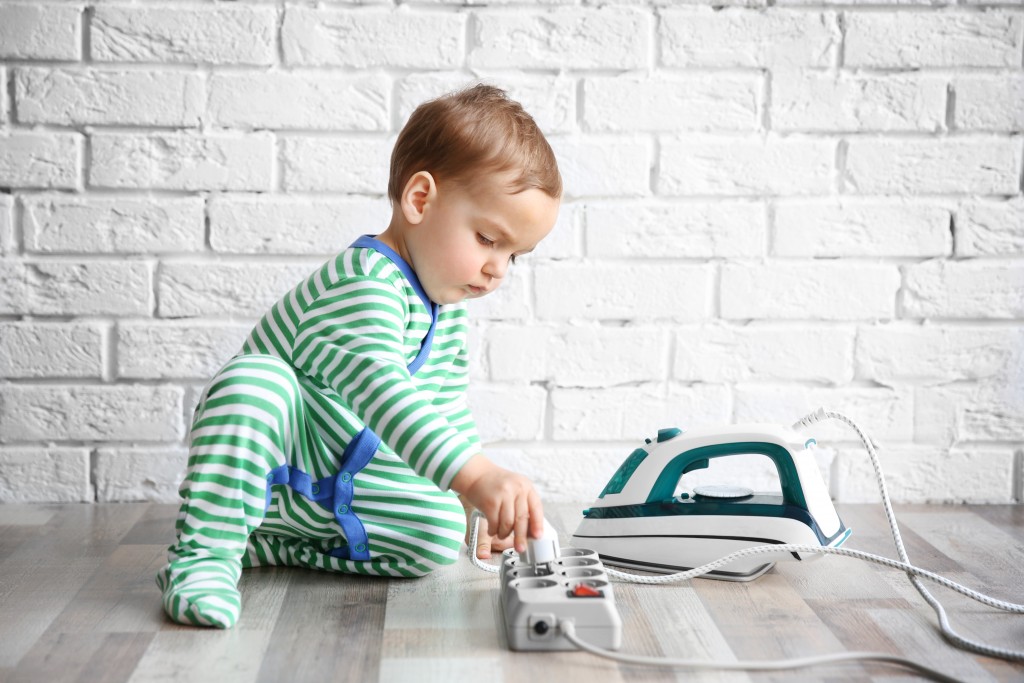The invention of electricity is, without a doubt, one of humanity’s greatest achievements in history. It’s difficult to imagine a life without electricity right now since it’s responsible for charging the phones you use to connect with other people, powering the appliances you use to eat, and heat up or condition the air in your home so that you remain comfortable.
But, the convenience electricity affords has been so entwined in people’s daily lives that it can be easy to forget the hazards it can pose if you’re not careful. That is especially true in residential homes. According to the National Fire Protection Association (NFPA), home electrical fires, which include fires due to electrical failure or malfunction, are the second leading cause of residential fires in the U.S. next to fires caused by unattended equipment. Overall, 13 percent of residential fires are because of electrical malfunctions, and these fires account for the highest share of civilian fatalities.
Below are ways to prevent different electrical hazards so you can keep you and your family safe from fires and other dangerous incidents involving electricity.
1. Leave electrical repairs to the experts.
If you’re used to DIY-ing home repairs, you might be tempted to do your own electrical work. But instead of saving you a few dollars, repairing electrical problems yourself might lead to a disaster. You might be at risk of electrical shock, and your attempt at repair might not be accurate and only lead to more significant problems that can spark a fire. So, it’s better to leave it to the experts and call for electrical services for residential properties.
2. Keep water and electricity away from each other.
Water and electricity are never a good mix. If a plugged device accidentally gets wet and you touch it or the water, you might get electrocuted. The same thing happens if you plug in a device when the plug is wet. So make sure your electrical items are always in a cool, dry place. If they happen to be accidentally soaked, do not attempt to unplug without turning off your circuit breakers first.
3. Use outlet covers

If you have younger children at home, outlet covers are essential in keeping them safe. Outlet covers prevent someone from sticking their fingers and other objects into empty receptacles, protecting them from the risk of electrocution.
4. Install GFCI
Ground Fault Circuit Interrupter or GFCI receptacles look just like any electrical outlet, except they can protect you from electrical shock. GFCI detects an imbalance in the flow of currents. When this happens, the GFCI shuts off the power, preventing an electrical short circuit.
5. Switch off and unplug electrical appliances when not in use
The simplest thing you can do to prevent electrical hazards is to shut off and unplug your electrical devices and appliances when you’re not using them. There are two reasons for doing this. First, plugged-in appliances, even when switched off, keeps drawing power, so it adds to your electric bill. Second, power surges and overheating can happen and might damage your appliances that are plugged in.
These are only a few practices that help contain electrical hazards in your home. Follow these regularly to keep your family safe and comfortable inside your home.





